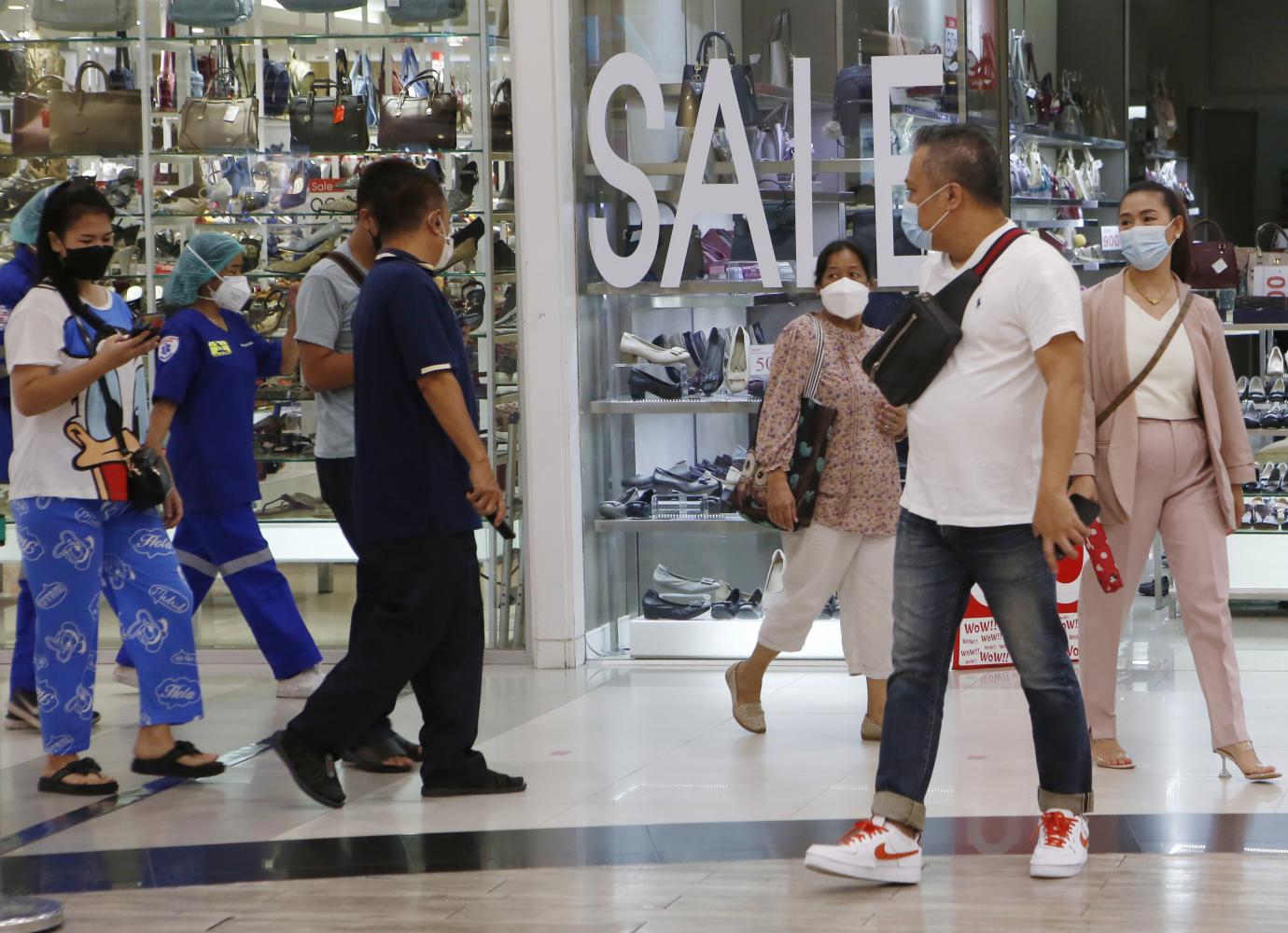
Headline inflation is expected to hit its highest level in a decade next year driven by cost-push factors including rising imported raw materials, a recovery in domestic demand, relatively high oil prices and a labour shortage.
According to Ronnarong Phoolpipat, director-general of the Trade Policy and Strategy Office (TPSO), Thailand's headline inflation is likely to top 3% next year from a range of 0.8% to 1.2% this year.
The projection assumes the Omicron outbreak is not serious and the country's reopening brings about recovering economic activities and tourism as hoped, along with higher domestic demand and spending.
Other factors include a dearth of labour and the impact of external factors such as higher imported raw materials like steel and fertiliser, as well as continued high oil prices, said Mr Ronnarong.
"From such cost-push factors, Thailand's headline inflation in 2022 may possibly hit 3%, a rate last seen in 2012," he said.
"Rising headline inflation may negatively affect salaried employees and farmers whose income does not come in line with rapidly rising expenses."
Mr Ronnarong suggested the government may have to reintroduce subsidy schemes for water and electricity bills as well as other assistance measures to help reduce people's living costs.
Last week, the TPSO forecast annual headline inflation gauged by the consumer price index to stay in a range of 0.7% to 2.4% (with an average of 1.5%) next year, but the prediction did not include the new Omicron variant factor.
The projection is based on expected economic growth of 3.5-4.5% next year, with Dubai crude oil prices averaging US$63-73 per barrel, and an exchange rate of 31.5-33.5 baht per US dollar.
For the first 11 months this year, Thailand's average headline inflation was 1.15% year-on-year and core inflation 0.21%.
Thanavath Phonvichai, president of the University of the Thai Chamber of Commerce, said next year's inflation uptick will be driven largely by rising production costs and raw material prices, as well as the shortage of labour and high freight rates.
"Despite inflationary pressure, we believe the central bank has no need to speed up raising policy rates now that the Thai economy is in a recovery pace," he said. "Any rate hike may make it tougher for the country's recovery."
Mr Thanavath proposed the government instead focus on vaccine administration, providing more stimulus measures and continuing infrastructure development projects to retain employment.
In the first quarter of 2022, he said the government should have roadshows and campaigns to stimulate tourism, helping to reinforce the economic recovery.